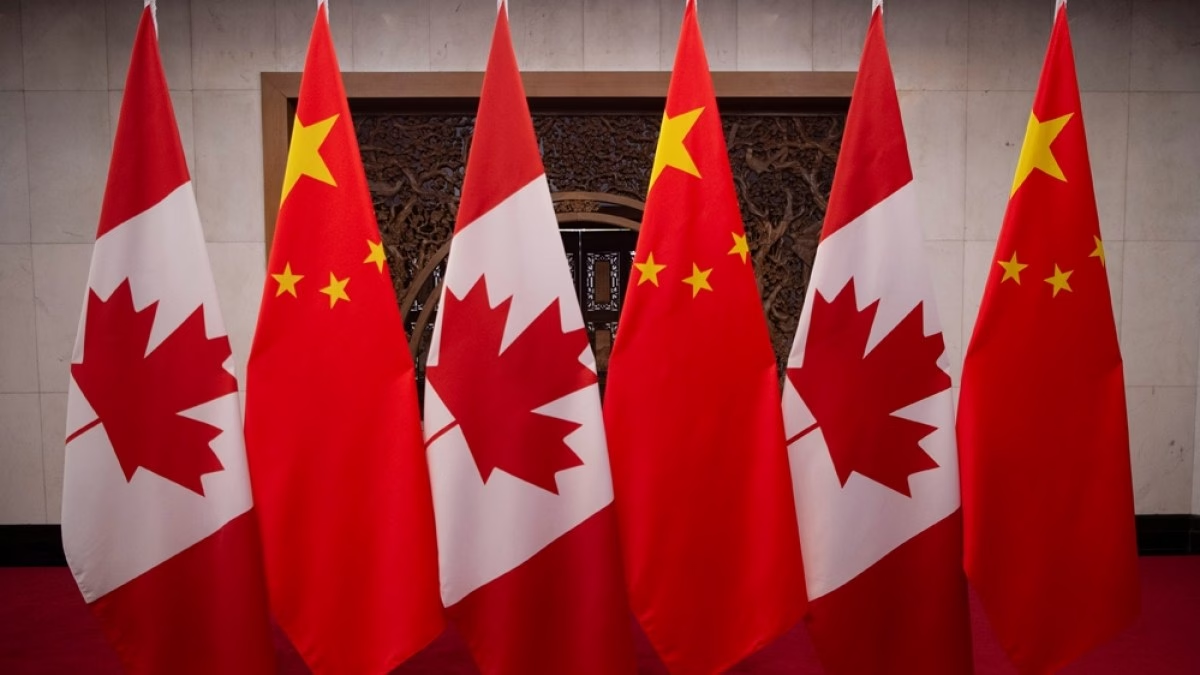Canada’s spy agency warns that Beijing might try using AI to influence the April election, according to reports.
During a recent press briefing, the CSIS deputy director of operations acknowledged that foreign interference could occur in the April 28th vote, due to strained diplomatic relationships, particularly with China and India.
According to Vanessa Lloyd, these countries are increasingly utilizing artificial intelligence (AI) for meddling in global elections, and CSIS expects China to perhaps attempt interfering with Canada’s election process using AI tools.
It is mentioned that India also has the capacity and intention to do the same, with Russia and Pakistan potentially following suit.
While the intelligence chief noted it is difficult to prove direct links between foreign interference and election outcomes, such activities can undermine public confidence in democratic processes and institutions.
Not a New Issue
The claims are unlikely to ease already strained relations between Canada and China or India.
Canada recently criticized China after Beijing executed four Canadians accused of drug trafficking, despite Ottawa’s pleas for clemency.
Last year, Canada expelled six Indian diplomats over allegations of their involvement in a plot against Sikh separatists within the country.
A spokesperson from China’s Ministry of Foreign Affairs dismissed CSIS’ warning, stating that Beijing opposes interference in other countries’ internal affairs and has no interest in meddling in Canada’s affairs.
Both China and India have previously denied similar allegations made by Canada, which has only worsened relations, as Canada itself reported past interference attempts in the 2019 and 2021 elections.
Canadians will soon vote following Prime Minister Mark Carney’s recent call for elections, aimed at continuing the Liberal Party’s recent surge in support.
The Trade Dispute
The Liberal Party’s progress has largely been due to the trade tensions initiated by former U.S. President Donald Trump.
However, Canada also faces trade disputes with China, particularly after Beijing imposed tariffs on more than $2.6 billion worth of Canadian agricultural and food products in response to tariffs on Chinese electric vehicles and steel and aluminum products from the previous year.
The World Trade Organization has reported that Canada has filed a complaint against China regarding these tariffs.
A spokesperson from China’s Foreign Ministry defended Beijing’s actions, stating that the tariffs are reasonable and lawful.
They urged Canada to resolve its “wrongdoings” and facilitate normal trade and cooperation for the businesses of both countries.









